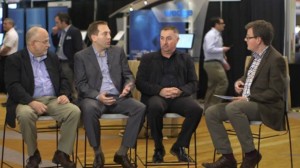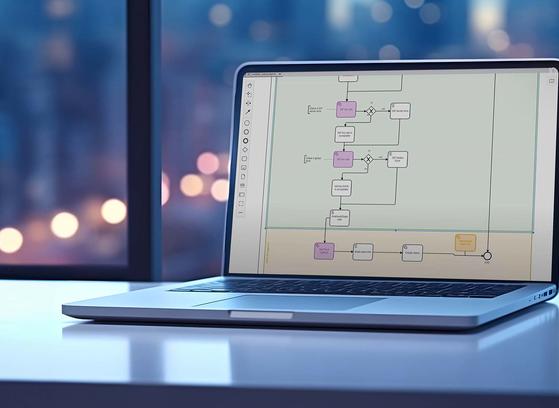One of the toughest questions asked of the experts who converged on Dallas for GEN15 this past November was about the financial bottom line of telcos: How can adopting lifecycle service orchestration (LSO) increase — or at the very least sustain — telco profitability?
At The Main Agenda panel discussion, industry experts David Hughes, Darryl Stork and I all agreed that the only way for CSPs to increase their revenue is to launch advanced business services — such as security, application visibility and control — while lowering the time to activate existing offerings. Doing this in a cost-effective manner while maintaining customer satisfaction is the real trick.
The benefits of offering advanced business services can't be overshadowed by the new complexity NFV and SDN are introducing into the network. If CSPs aren't able to manage these innovative services, which are now dependent on a virtual stack, the potential benefits can never be realized.
This is where LSO is crucial. Orchestrating the performance of services built upon new technologies such as NFV and SDN or existing CE 2.0 services based on legacy technology will help operations provide a seamless customer experience — ultimately adding value to the customer. SDN and NFV are now primed and ready for deployment, and rather than lumping more complexity for operation teams, LSO can help mitigate any Quality of Service degradations that the introduction of SDN and NFV may otherwise pose. By constantly monitoring and automating the configuration of different, complex network layers, CSPs can better address a growing list of customer demands — and at a faster clip than ever before.
Another solution to improve telco profitability is building up or continuing relationships with industry peers. With traditional voice service, telcos relied upon bilateral agreements to help guarantee service quality and agility for its customers. This same collaborative mindset needs to be embraced with data, as roughly half of a service provider's traffic is being carried off-net.
The LSO framework is also needed to support the launch of global or nationwide retail services built in partnership with regional wholesale providers. The only way to lower the time to activation of those services is to foster more service interdependence among telcos. MEF has done a tremendous job in standardizing carrier Ethernet service and are therefore the most relevant organization to standardize this new framework centered on end-to-end service orchestration.
At Infovista, we truly believe that MEF vision will once again transform the industry. We are therefore, very proud to have received the MEF Excellence Award for Third Network Technology of the Year — Multi-Vendor Innovation alongside Oracle Communications and Juniper Networks.
To read more about InfoVista's involvement at last year's conference, take a look at the Top 3 Takeaways for CSPs from GEN15 from our Director of Product Marketing, Business Services Solutions Christopher Cullan.











